Search titles
Displaying results 41 to 50 of 97.
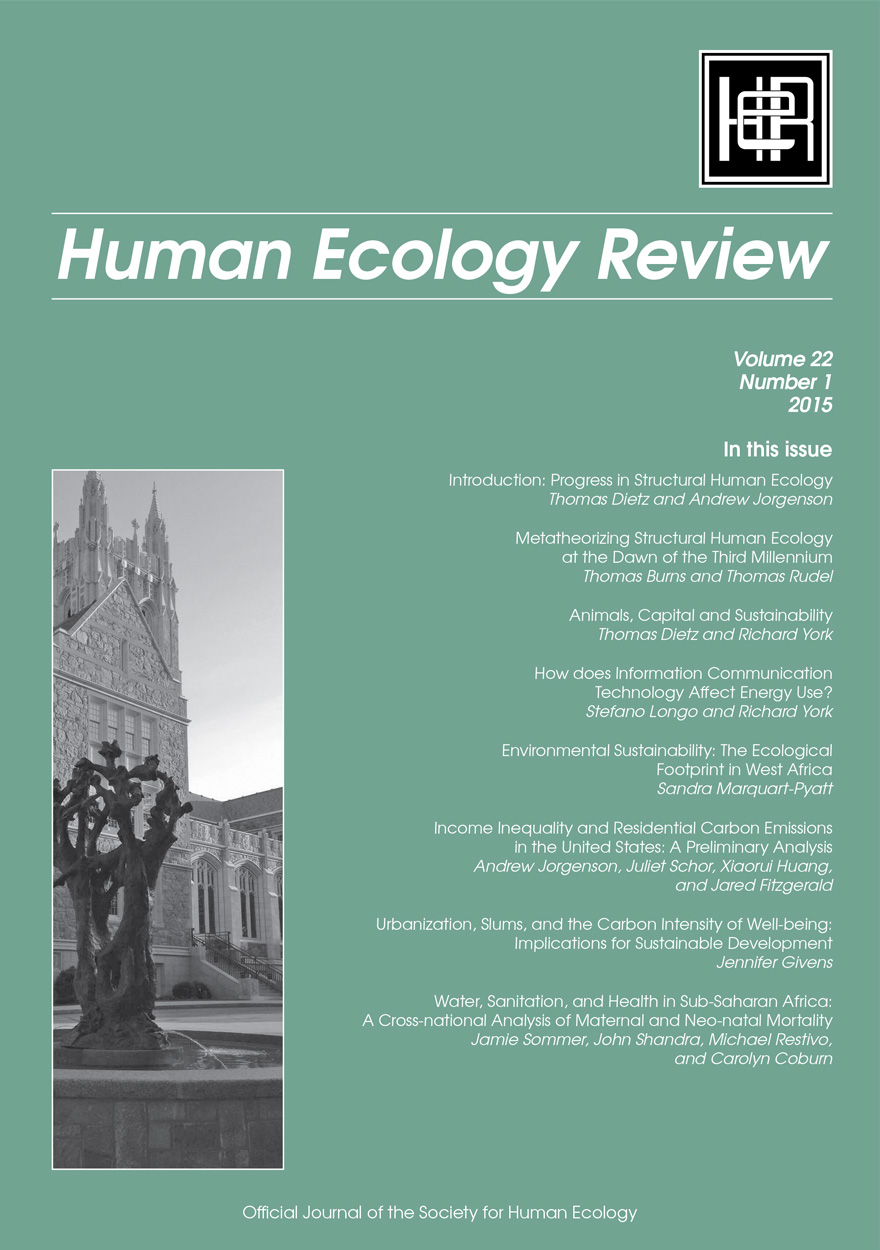
Human Ecology Review: Volume 22, Number 1 »
Publication date: December 2015
Human Ecology Review is a semi-annual journal that publishes peer-reviewed interdisciplinary research on all aspects of human–environment interactions (Research in Human Ecology). The journal also publishes essays, discussion papers, dialogue, and commentary on special topics relevant to human ecology (Human Ecology Forum), book reviews (Contemporary Human Ecology), and letters, announcements, and other items of interest (Human Ecology Bulletin). Human Ecology Review also publishes an occasional paper series in the Philosophy of Human Ecology and Social–Environmental Sustainability.
Download for free
Not available for purchase

Through a Glass Darkly »
The Social Sciences Look at the Neoliberal University
Edited by: Margaret Thornton
Publication date: November 2015
This collection of essays arose from a workshop held in Canberra in 2013 under the auspices of the Academy of Social Sciences in Australia to consider the impact of the encroachment of the market on public universities. While the UK tripled fees in 2013 and determined that the teaching of the social sciences and the humanities would no longer be publicly funded, it was feared that Australia would go further and deregulate fees altogether.
In the best tradition of the social sciences, the contributors have assumed the role of critic and conscience of society to present penetrating analyses of the ramifications of the corporatisation of the university as neoliberalism continues to occupy the ascendant position in the political firmament. The dramatis personae in these analyses are students, academics, managers and political mandarins with the gendered character of corporatisation an important sub-theme.
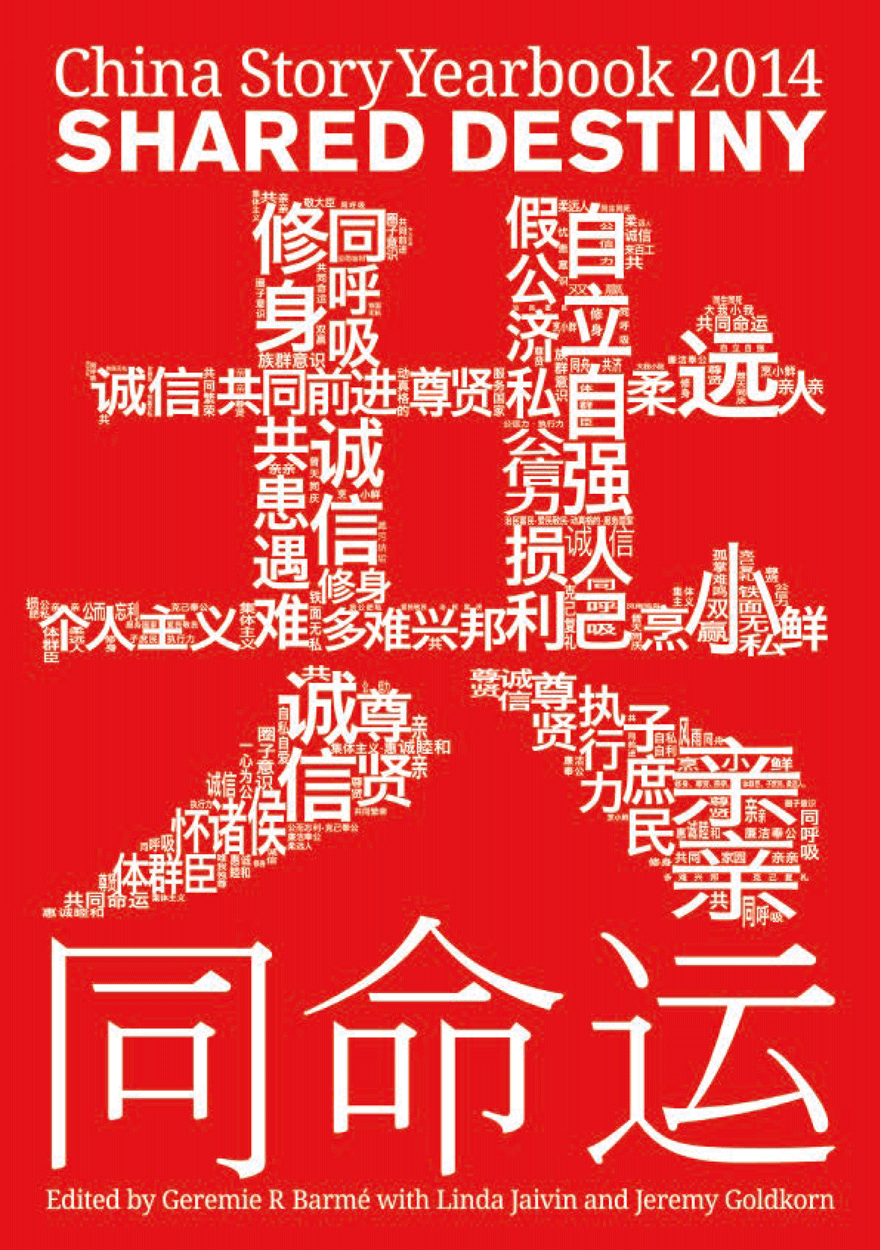
Shared Destiny »
Publication date: November 2015
Humanity as never before shares a common destiny, whether it be in terms of the resources of the planet, the global environment, economic integration, or the movement of peoples, ideas, cultures. For better or worse humankind is a Community of Shared Destiny 命运共同体.
The People’s Republic of China under the leadership of the Chinese Communist Party and its ‘Chairman of Everything’, Xi Jinping, has declared that it shares in the destiny of the countries of the Asia and Pacific region, as well as of nations that are part of an intertwined national self-interest. The Party, according to Marxist-Leninist-Maoist theory, is the vanguard of progressive social forces; it cleaves to the concept of shared destiny and its historical role in shaping that destiny. Since its early days nearly a century ago it has emphasised the collective over the individual, the end rather than the means. It addresses majority opinion while guiding and moulding the agenda both for today, and for the future.
Chapter notes are available to view online.
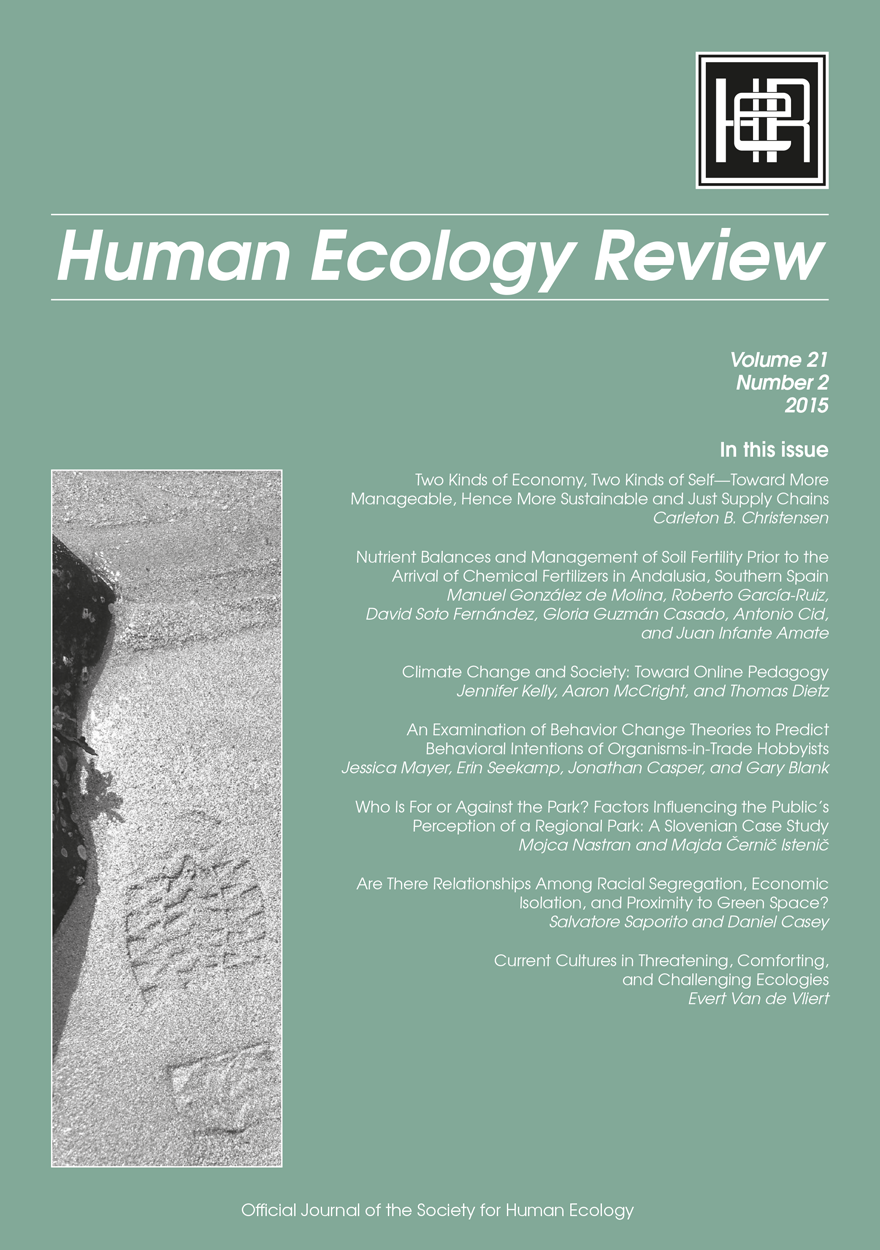
Human Ecology Review: Volume 21, Number 2 »
Publication date: September 2015
Human Ecology Review is a semi-annual journal that publishes peer-reviewed interdisciplinary research on all aspects of human–environment interactions (Research in Human Ecology). The journal also publishes essays, discussion papers, dialogue, and commentary on special topics relevant to human ecology (Human Ecology Forum), book reviews (Contemporary Human Ecology), and letters, announcements, and other items of interest (Human Ecology Bulletin). Human Ecology Review also publishes an occasional paper series in the Philosophy of Human Ecology and Social–Environmental Sustainability.
Download for free
Not available for purchase

Change! »
Combining Analytic Approaches with Street Wisdom
Edited by: Gabriele Bammer
Publication date: July 2015
Change happens all the time, so why is driving particular change generally so hard? Why are the outcomes often unpredictable? Are some types of change easier to achieve than others? Are some techniques for achieving change more effective than others? How can change that is already in train be stopped or deflected?
Knowledge about change is fragmented and there is nowhere in the academic or practice worlds that provides comprehensive answers to these and other questions. Every discipline and practice area has only a partial view and there is not even a map of those different perspectives. The purpose of this book is to begin the task of developing a comprehensive approach to change by gathering a variety of viewpoints from the academic and practice worlds.
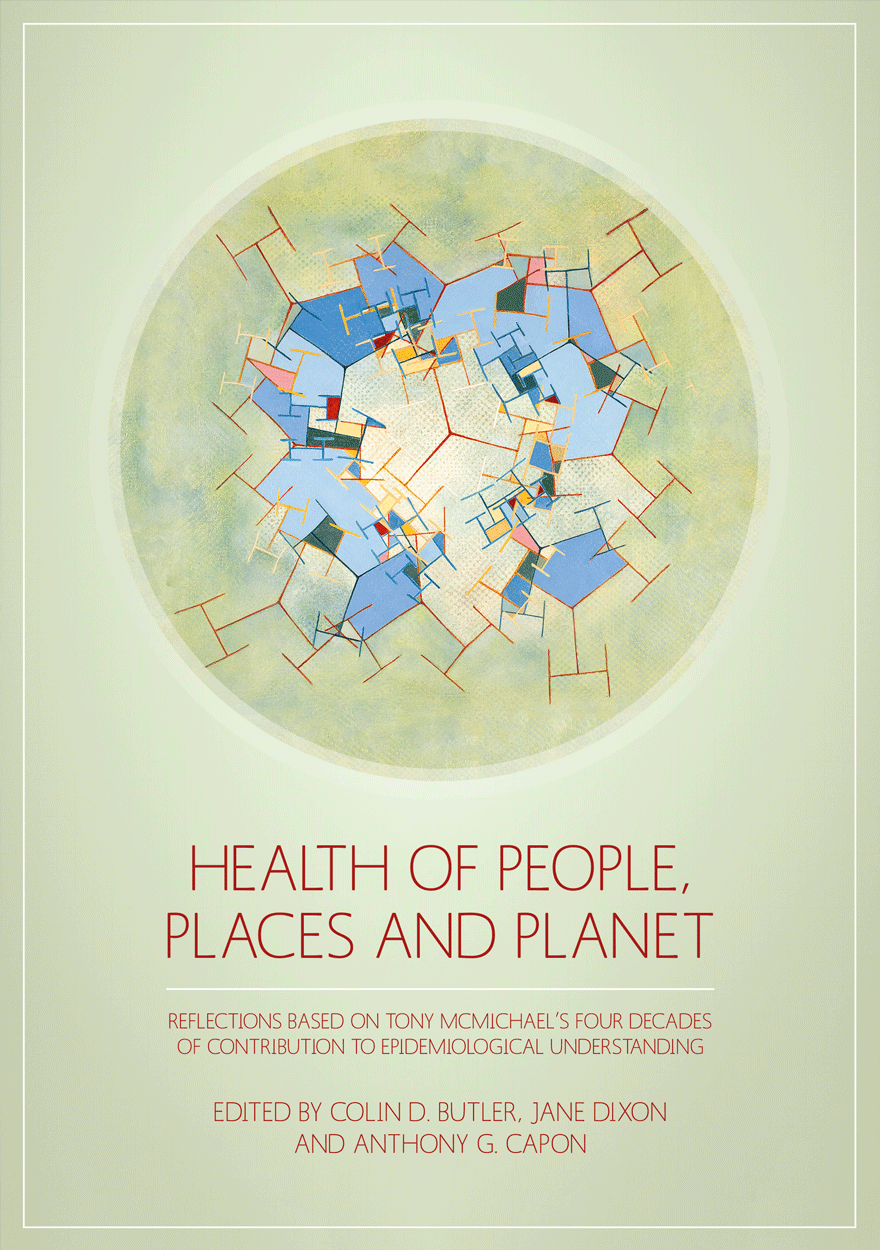
Health of People, Places and Planet »
Reflections based on Tony McMichael’s four decades of contribution to epidemiological understanding
Publication date: July 2015
This book has three main goals. The first is to celebrate the work of a great public health figure, the late A.J. (Tony) McMichael (1942–2014). The second is to position contemporary public health issues in an interdisciplinary context and in ways that highlight the interdependency between the environment, human institutions and behaviours; a broad approach championed by Tony. The third is to encourage emerging and future public health leaders to advocate for policies and cultural change to sustain and improve human health, from a foundation of objective scholarship.
The book’s foreword and 38 chapters were written by people who were inspired by Tony; many of whom worked with him at some point in the last 40 years. Its structure reflects five major public health domains, each of which Tony made major contributions to in an extremely productive academic life: occupational health and safety; environmental and social epidemiology; nutrition and food systems; climate change and health; and ecosystem change and infectious disease. The final section, ‘Transformation’, is dedicated to Tony’s desire for public health scientists to propose adaptive and mitigating solutions to the problems they were observing.
Each section contains at least one key publication involving Tony. There is also a selection of artworks from an exhibition which formed part of the conference held to honour Tony at The Australian National University in 2012. This conference formed the first part of Tony’s festschrift, completed by this book.
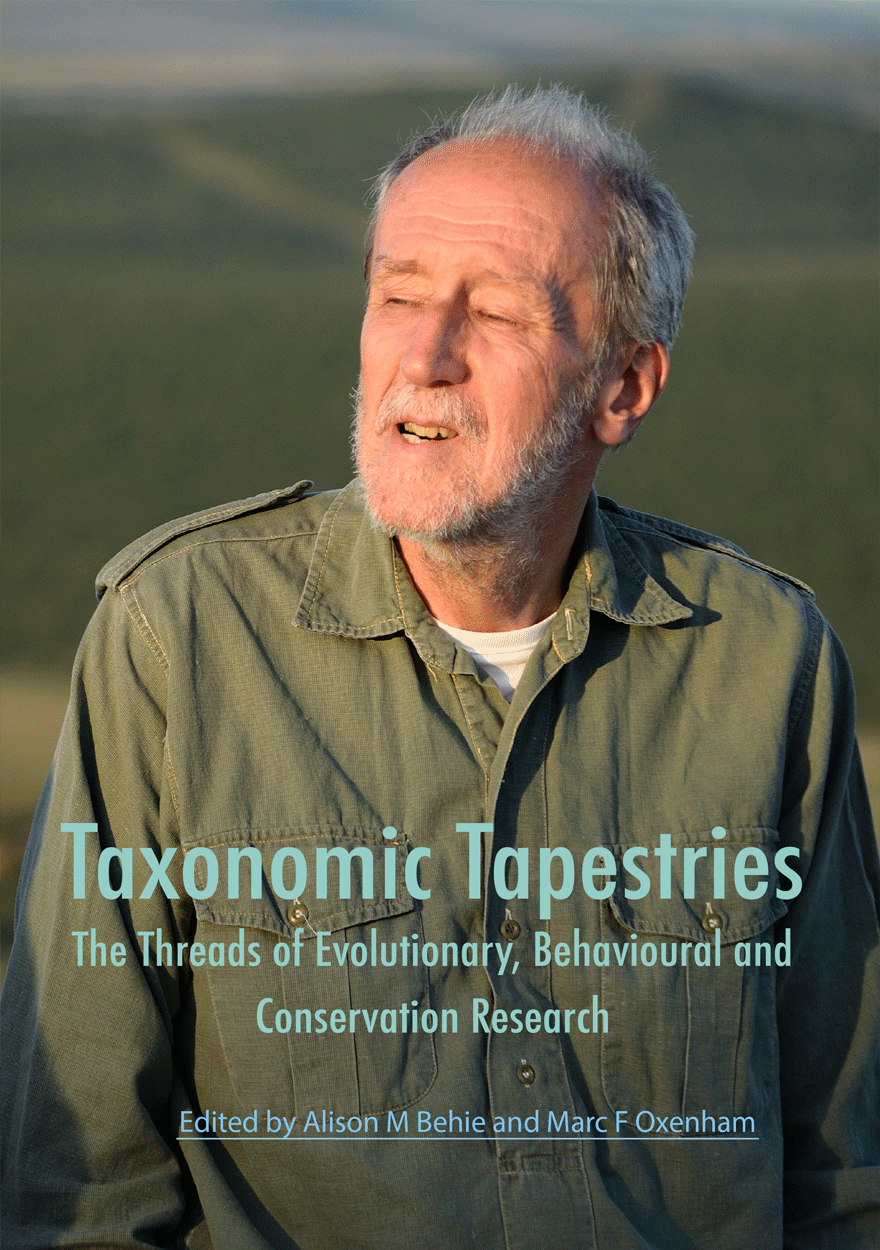
Taxonomic Tapestries »
The Threads of Evolutionary, Behavioural and Conservation Research
Edited by: Alison M. Behie, Marc F. Oxenham
Publication date: May 2015
This volume explores the complexity, diversity and interwoven nature of taxonomic pursuits within the context of explorations of humans and related species. It also pays tribute to Professor Colin Groves, whose work has had an enormous impact on this field. Recent research into that somewhat unique species we call humankind, through the theoretical and conceptual approaches afforded by the discipline of biological anthropology, is showcased. The focus is on the evolution of the human species, the behaviour of primates and other species, and how humans affect the distribution and abundance of other species through anthropogenic impact. Weaving together these three key themes, through the considerable influence of Colin Groves, provides glimpses of how changes in taxonomic theory and methodology, including our fluctuating understanding of speciation, have recrafted the way in which we view animal behaviour, human evolution and conservation studies.

Protected Area Governance and Management »
Publication date: April 2015
PAGM briefing note
Protected Area Governance and Management presents a compendium of original text, case studies and examples from across the world, by drawing on the literature, and on the knowledge and experience of those involved in protected areas. The book synthesises current knowledge and cutting-edge thinking from the diverse branches of practice and learning relevant to protected area governance and management. It is intended as an investment in the skills and competencies of people and consequently, the effective governance and management of protected areas for which they are responsible, now and into the future.
The global success of the protected area concept lies in its shared vision to protect natural and cultural heritage for the long term, and organisations such as International Union for the Conservation of Nature are a unifying force in this regard. Nonetheless, protected areas are a socio-political phenomenon and the ways that nations understand, govern and manage them is always open to contest and debate. The book aims to enlighten, educate and above all to challenge readers to think deeply about protected areas—their future and their past, as well as their present.
The book has been compiled by 169 authors and deals with all aspects of protected area governance and management. It provides information to support capacity development training of protected area field officers, managers in charge and executive level managers.

The Representation of Science and Scientists on Postage Stamps »
A science communication study
Authored by: Christopher B. Yardley
Publication date: February 2015
The Representation of Science and Scientists on Postage Stamps examines how the postal authorities of the world have developed unique techniques to portray science and scientists in order to convey a message behind the stamp issue. It is a multi-disciplinary examination that investigates visual representation, semiotics, science, science history and politics, amongst other issues.
The author introduces and describes a technique for looking at how and why images may have been chosen. Is the image a mirror reflecting a known reality or is it a lens to challenge, to prompt further thought or action? He also hypothesises that the Internet created a real change to science communication, influencing the way images of science were used. The stamp message changed from that of pursuing a public understanding approach to an awareness of science with its increasing contextual content.
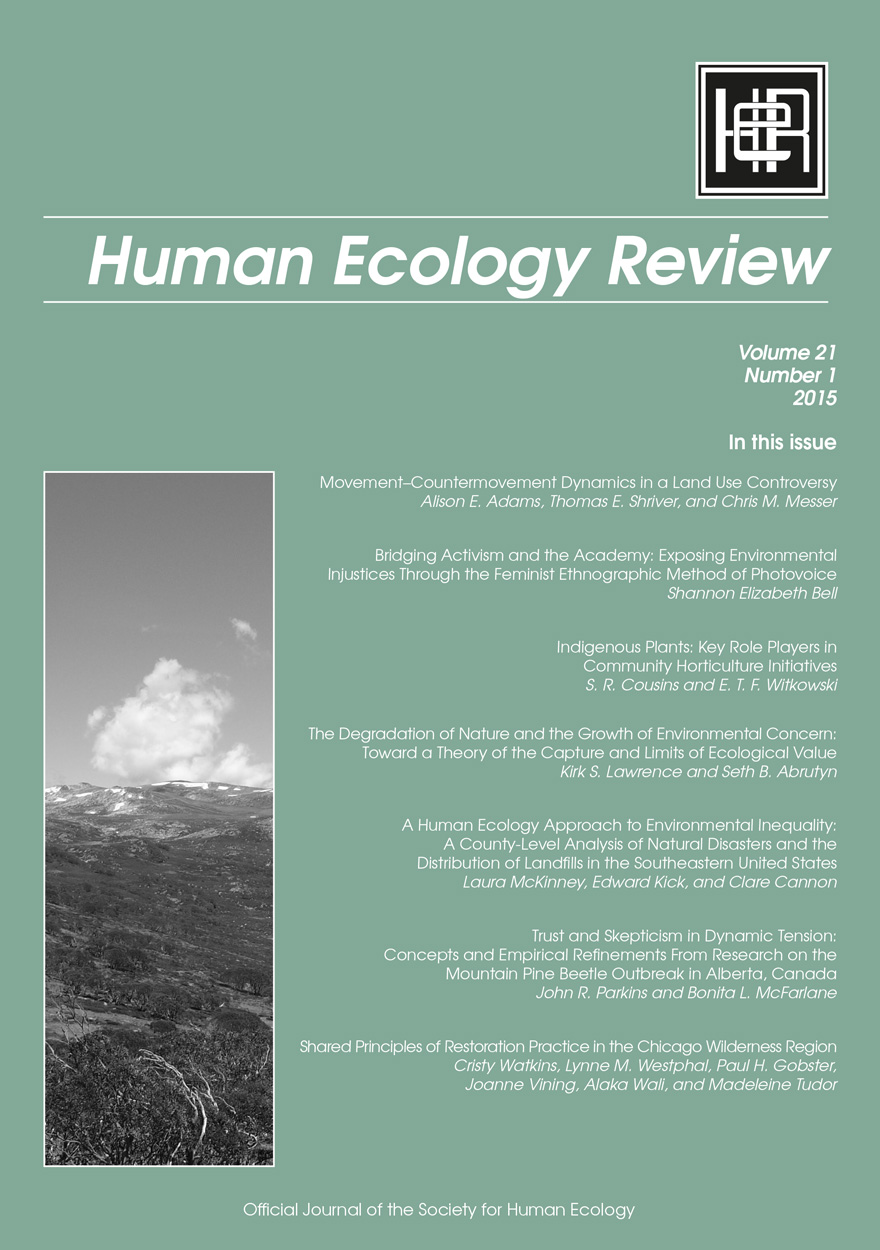
Human Ecology Review: Volume 21, Number 1 »
Publication date: February 2015
Human Ecology Review is a semi-annual journal that publishes peer-reviewed interdisciplinary research on all aspects of human–environment interactions (Research in Human Ecology). The journal also publishes essays, discussion papers, dialogue, and commentary on special topics relevant to human ecology (Human Ecology Forum), book reviews (Contemporary Human Ecology), and letters, announcements, and other items of interest (Human Ecology Bulletin). Human Ecology Review also publishes an occasional paper series in the Philosophy of Human Ecology and Social–Environmental Sustainability.
Download for free
Not available for purchase



